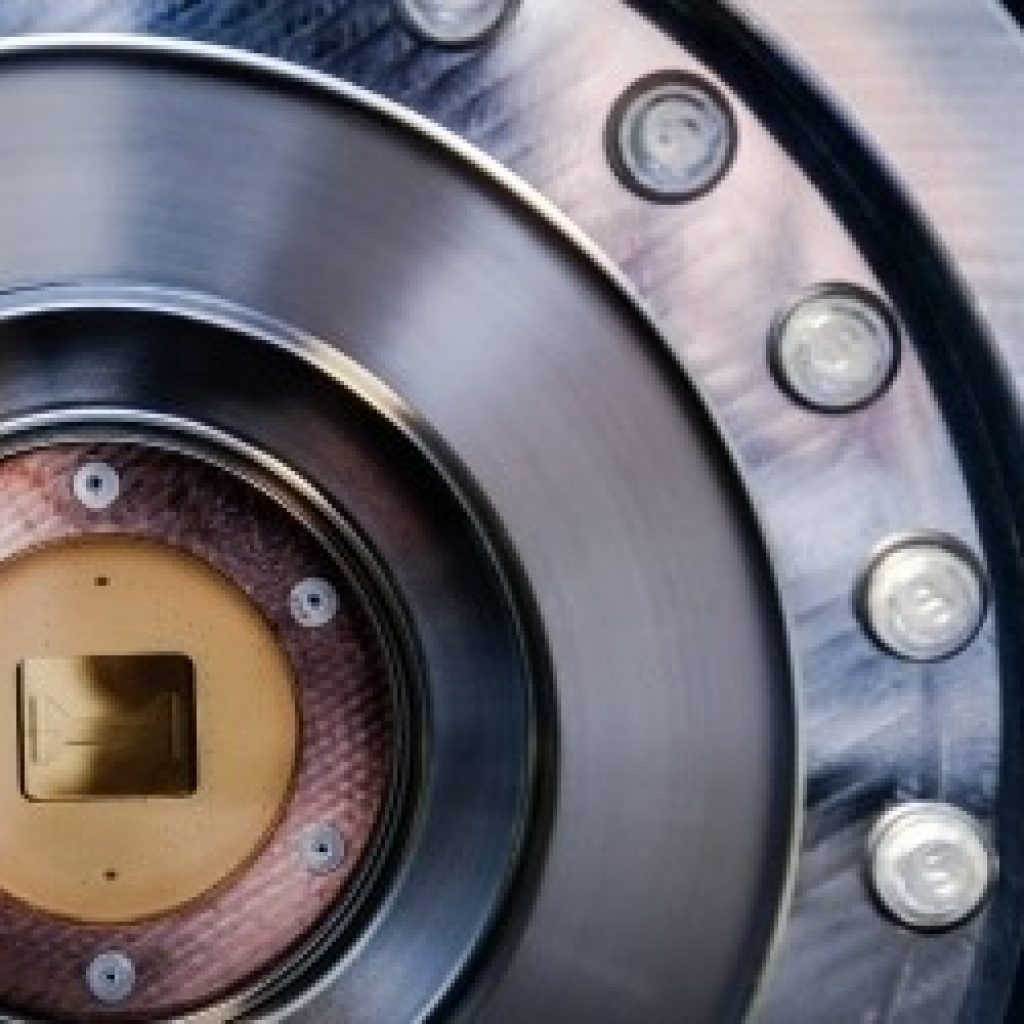(VentureBeat) Honeywell expects that as advances in quantum computing continue to accelerate over the next 18 to 24 months, the ability to replicate the results of a quantum computing application workload using a conventional computing platform simulation will come to an end. The company’s System Model H1 has now quadrupled its performance capabilities to become the first commercial quantum computer to attain a 512 quantum volume.
Honeywell has pursued an approach to quantum computing that differs from those of rivals by focusing its efforts on a narrower range of more stable qubits. Each system is based on a trapped-ion architecture that leverages numerous individual charged atoms (ions) to hold information. It then applies electromagnetic fields to hold (trap) each ion in a way that allows it to be manipulated and encoded using laser pulses.
The company makes its quantum computers available via a subscription to a cloud service and counts BMW, DHL, JP Morgan Chase, and Samsung among its customers. Subscriptions for the System Model H1 service are currently sold out, and each Honeywell quantum computing customer has previously tried to employ a different platform before switching to Honeywell, Uttley said. The company is now moving toward making a third-generation System Model H2 service available that will offer higher levels of unspecified quantum volume, Uttley added.
Advances in quantum computing, however, will by no means signal the demise of conventional computers, Uttley added. Instead, it’s becoming apparent that quantum computers and conventional computers are simply going to be better suited to running different classes of workloads, Uttley said.
Subscriptions to Honeywell’s System Model H1 Quantum Computer Service Now Sold Out
